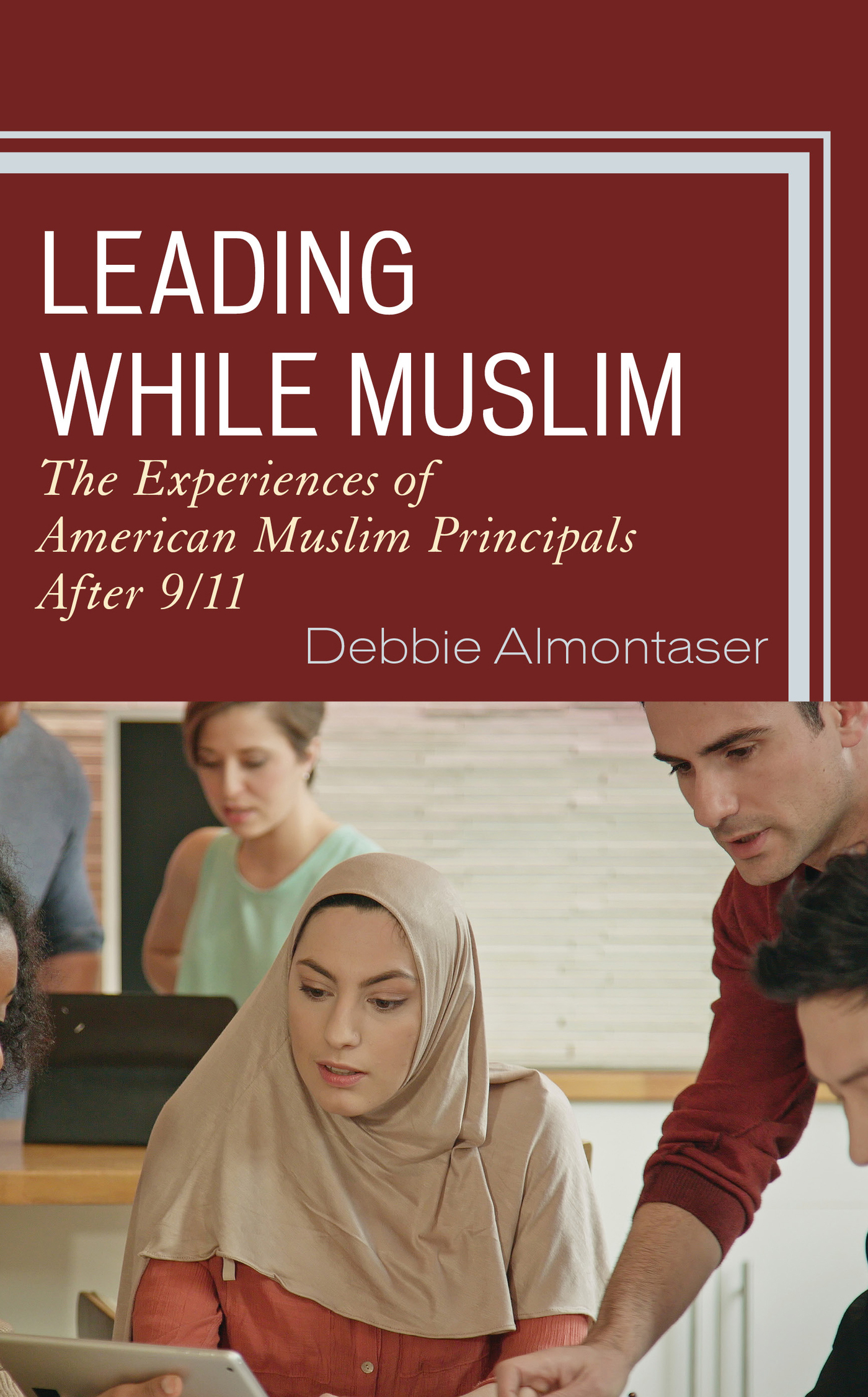Praise for Leading While Muslim
On the afternoon of September 11, 2001, I received a phone call from Dr. Debbie Almontaser, then a student of mine in a principal preparation program. The Twin Towers had just fallen, her son in the National Guard was heading to Ground Zero to help with rescue efforts, and she was being called upon to lead. We discussed her courageous work as an educatorfor years she had devoted her practice to building bridges between communities and forging conversations across faiths. Now, she feared, our country's political discourse would turn against her and her Muslim colleagues in education. Her powerful work at that time distinguished her as a thought leader and she was approved to open a new dual language school, the only one teaching in Arabic and English in New York City. Quickly, the school she opened was caught in the crosshairs of that same political discourse, ultimately forcing her to leave her school, step back, reflect, research, and write. The result is Leading While Muslim, a profile of 14 Muslim principals that provides an important treatise on education, on diversity, and on the undue burdens placed on leaders from marginalized groups in navigating the fraught and complex terrain of leading our nations schools. Leading While Muslim is an important contribution to the literature on school leadership and a must-read for all interested in how educators from marginalized groups find strength in themselves so that they can continue to serve children and hopefully contribute to a more just world.Sandra J. Stein, former chief executive officer, NYC Leadership Academy
Not much has been written about the challenges that American Muslim principals face. As a school leader, Debbie Almontaser finally gives voice to a much needed educational community: Muslim school leaders. Within these pages, she discusses topics that are encountered every day by these American Muslim school leaders. Almontaser creates a clear and coherent framework for her argument and her writing is clear and a pleasure to read. Each chapter is grounded in research and contains valuable reflections. Her emphasis on these school leaders is an essential component toward bridging the educational norms in contemporary public schooling. This book is among the best written I have seen on this educational topic. Almontaser has a lifetime of experience in public school education, including as a school leader. Today, she is helping education leaders and lay leaders. As a result of her experiences, she provides guidance and inspiration to focus on encouraging community cultural practices in our schools.Wafa Hozien, PhD, Educational Leadership Department, Central Michigan University
Leading While Muslim
Leading While Muslim
The Experiences of American Muslim Principals After 9/11
Debbie Almontaser
ROWMAN & LITTLEFIELD
Lanham Boulder New York London
Published by Rowman & Littlefield
An imprint of The Rowman & Littlefield Publishing Group, Inc.
4501 Forbes Boulevard, Suite 200, Lanham, Maryland 20706
www.rowman.com
Unit A, Whitacre Mews, 26-34 Stannary Street, London SE11 4AB
Copyright 2019 by Debbie Almontaser
All rights reserved. No part of this book may be reproduced in any form or by any electronic or mechanical means, including information storage and retrieval systems, without written permission from the publisher, except by a reviewer who may quote passages in a review.
British Library Cataloguing in Publication Information Available
Library of Congress Cataloging-in-Publication Data Available
ISBN 9781475840964 (electronic) | ISBN 9781475840940 (cloth : alk. paper) | ISBN 9781475840957 (pbk. : alk. paper)
 TM The paper used in this publication meets the minimum requirements of American National Standard for Information Sciences Permanence of Paper for Printed Library Materials, ANSI/NISO Z39.48-1992.
TM The paper used in this publication meets the minimum requirements of American National Standard for Information Sciences Permanence of Paper for Printed Library Materials, ANSI/NISO Z39.48-1992.
Printed in the United States of America
To all the American Muslim principals who serve in public education across the United States.
Your dedication and commitment to transforming the lives of inner city youth in public education has left me in awe. Your actions speak volumes about American Muslims acting on their faith to serve humanity. No matter the challenges that you have faced as an American Muslim, you have persevered with great dignity and grace. You are an inspiration to me and to all the lives that you have touched in your communities, especially the children for whom you have served as role models. Thank you for your tireless service!
Foreword
Like many other ethnic and religious groups before them, immigrant Muslims (in contrast to African American Muslims who are the descendants of slaves) have come to America to build a better life and future. For some Muslims, America has offered the possibility of better employment, educational opportunities and training for hoped-for success back home, and political asylum for others who have fled authoritative and oppressive governments. America has both touted and been looked to as a land of opportunity, democratic freedoms, and civil liberties.
Like many ethnic Catholics and Jews, finding ones place in the Christian established American mosaic proved more challenging than expected. Despite the fact that America was founded and developed as a nation of immigrants, the new Muslim arrivals were often not embraced, but marginalized. As a result, many Muslims, like other immigrants before them, were seen as foreigners who didnt speak the language and/or had different cultural traditions and practices. In contrast to ethnic Catholic Europeans who were at least Christian even if not White Anglo-Saxon Protestants, Muslims practiced what many regarded as a foreign religion with different beliefs and cultural traditions.
Like other immigrants, many Muslims initially lived and socialized among themselves even when they were integrated into Americas educational systems or jobs. In a country where many citizens know little about Islam and see the United States as a Christian country (for some a Judeo-Christian country), Islam was not seen as an Abrahamic faith, as it has been viewed by many scholars who, like some Muslims, have maintained that Islam is an Abrahamic faith, part of a Judeo-Christian-Islamic tradition.
Today, like other groups before them, Muslims have become integrated into the American mosaic: economically, educationally, socially, professionally, and increasingly politically. Muslims are second to American Jews among faith communities whose followers are educated. Economically many are equal to non-Muslims in their economic livelihood. Professionally they span the economic spectrum with a large percentage of physicians, lawyers, engineers, and educators as well as blue-collar positions.
Yes, like other immigrant groups before them, in the past Muslims had gone through periods of marginalization and alienation, anti-Islam and anti-Muslim bias, discrimination and fearmongering, but it seemed manageable. All this would change dramatically on September 11, 2001.
9/11 and Its Aftermath
The 9/11 destruction of New Yorks World Trade Center and the attack on the Pentagon in Washington, DC, had an enormous impact on the safety, security, and civil liberties of Americas Muslim population. Shortly after the attacks, we had a gathering of the Center for MuslimChristian Understandings international advisory board.
Next page
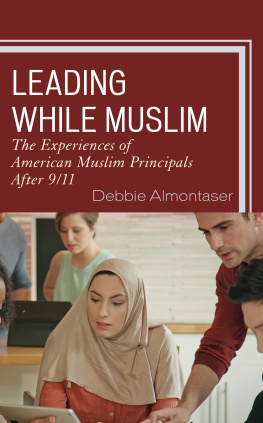


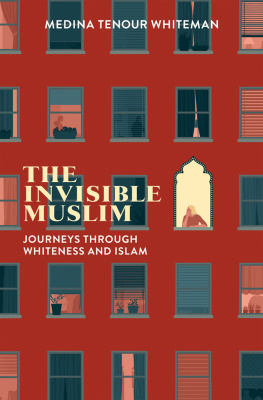
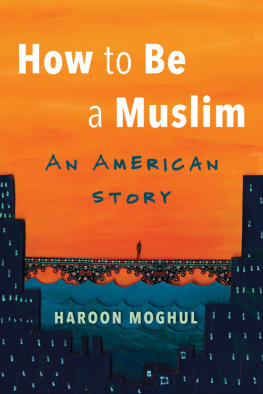
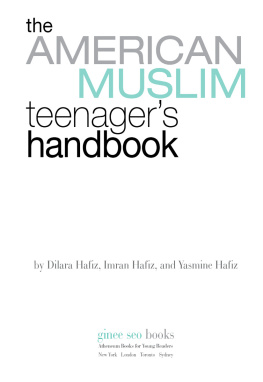
 TM The paper used in this publication meets the minimum requirements of American National Standard for Information Sciences Permanence of Paper for Printed Library Materials, ANSI/NISO Z39.48-1992.
TM The paper used in this publication meets the minimum requirements of American National Standard for Information Sciences Permanence of Paper for Printed Library Materials, ANSI/NISO Z39.48-1992.